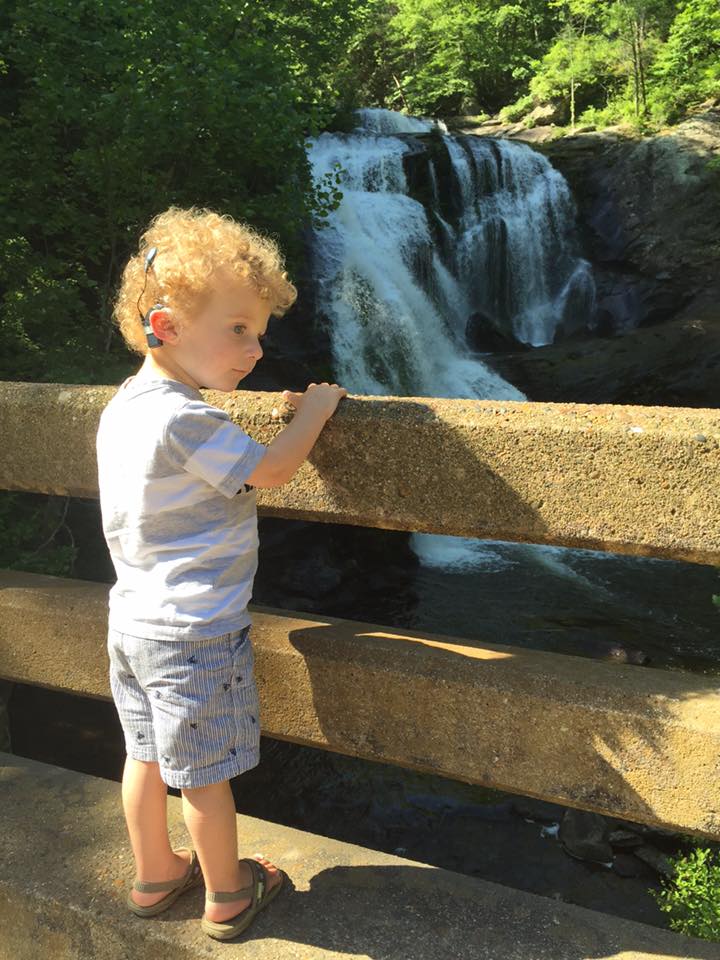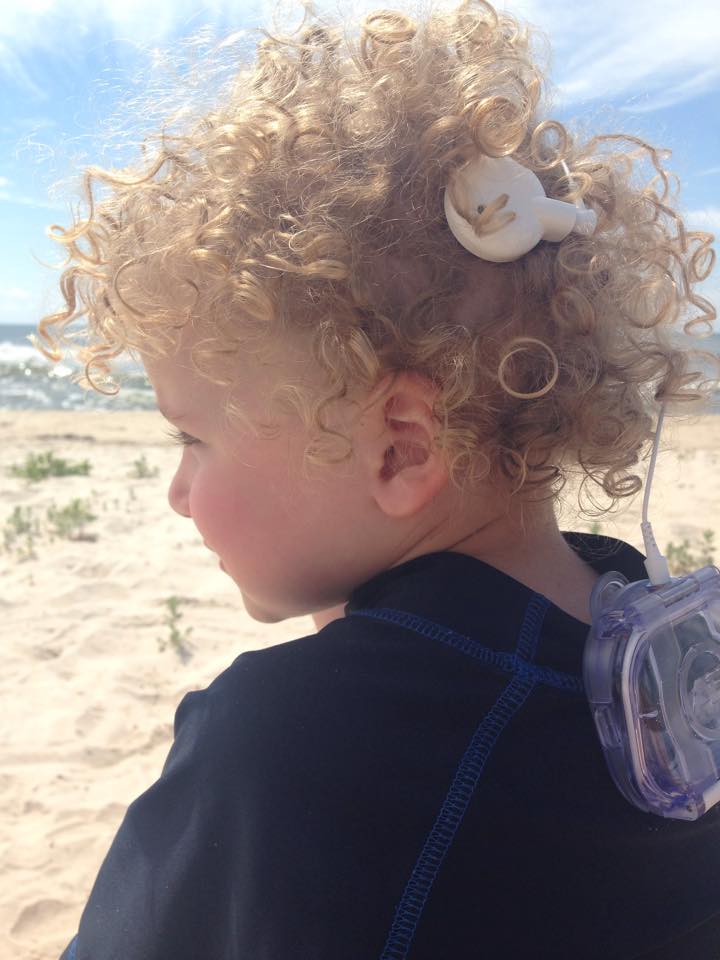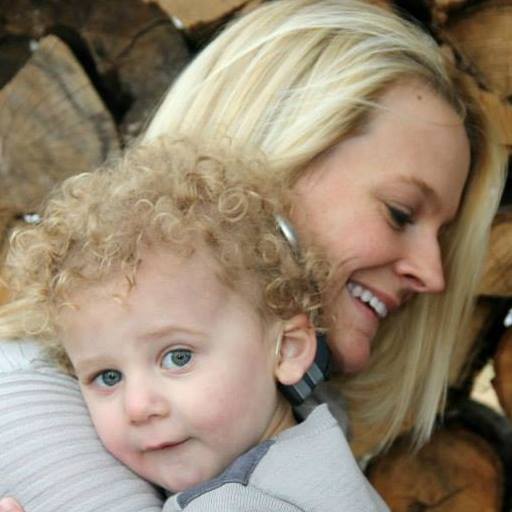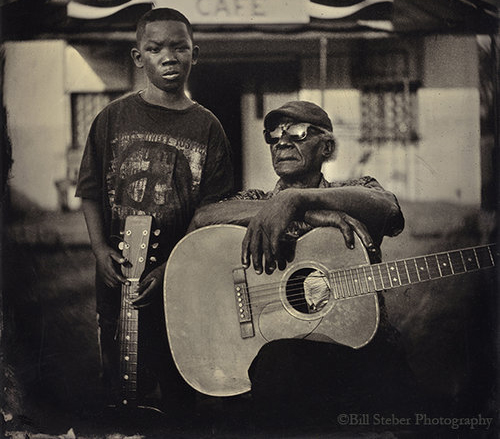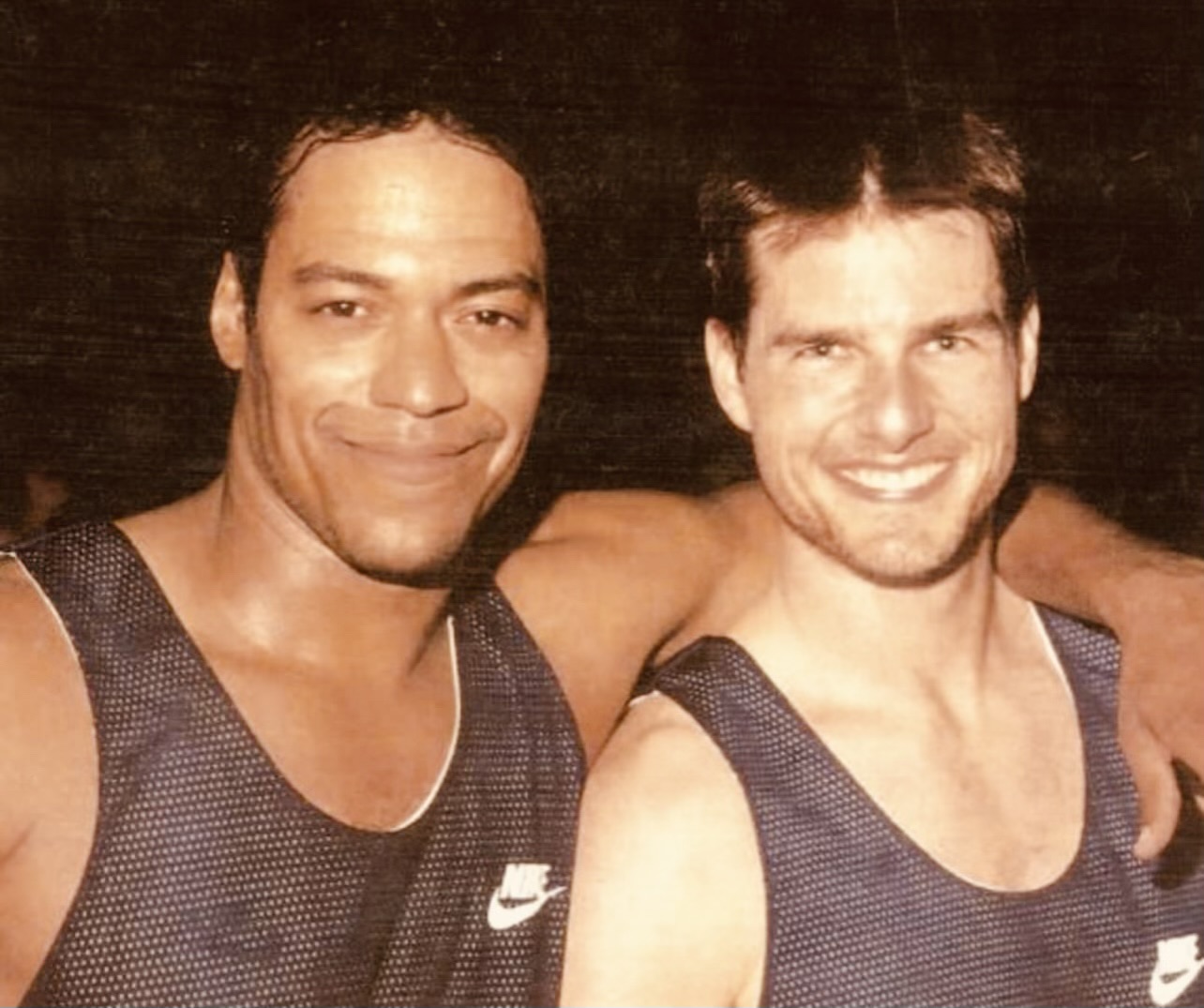I smiled as my son Abel seemingly responded to some of the prompts by looking and pointing at the small black flashing box located beside us. He sat on my lap and I admired his newly forming curly tendrils. What a perfect little head, I thought.
I was beginning to feel a little encouraged that he responded to at least one or two sounds when the women re-entered the soundproof room with the words, “This informal test leads us to believe that your son is experiencing bi-lateral hearing loss. …He is Deaf. “ Just like that, I had answers to so many questions. I was also flooded with so many more. I cried as my sister picked up my middle child and took him out in the hall to play with bubbles. In his eyes, there was nothing different about that day. In mine, I felt as if a dream had died that day. I sat with the audiologists and tried to gather myself. Weeks later, an ABR (Auditory Brainstem Response) test confirmed that Abel was profoundly deaf in one ear and severely hard of hearing in the other.
With much trepidation, we began the process of getting him cochlear implants (CI). I remember sitting down and searching the Internet for information. What is the difference between a hearing aid and a cochlear implant? I didn’t know. I had seen a cochlear implant before, but I had no idea what its purpose was or even what it was called. I had a lot to learn. The gist of a CI is that it’s a device inserted into the cochlea that allows access to sound while a hearing aid is for the purpose of amplification of sound. In a way, a cochlear implant is bionic hearing. It’s incredible and that’s how we choose to present Abel’s deafness to him. He has an amazing opportunity to work hard and overcome obstacles at a young age that many of us won’t deal with in a lifetime. That perfect little curly head would soon be operated on for the first of many times.
The surgery lasted several nerve-wracking hours. I waited with my husband as my mom and aunt drove our newborn over to the hospital every two to three hours so he could nurse. I didn’t tell anyone, but our new baby also failed his hearing tests at birth. He was later discovered to be hearing, but the stress of all these changes weighed heavy on my shoulders as I prayed to God in the waiting room that day. Please guide the surgeon’s hands. Give us peace that this is your will for him, for us.
I thought that was hard, but the following year proved to be even more challenging. Abel wasn’t a typical patient. Many children are up and moving the next day and waiting patiently for the first time the implants are activated (typically 2-4 weeks post op). My little Abel has never been typical! His experience was much more trying. Initially, he was off balance for weeks and his features began to droop with Bell’s Palsy affecting half of his face. The side effects didn’t stop there. After months of struggle, his pediatrician diagnosed him with a serious infection in his right ear. Eventually after many months of trying to treat it, the right implant had to come out. The surgery to remove it came a couple of days before his one-year hearing anniversary. I was devastated. Despite his infection, he was progressing well with one cochlear implant providing him the ability to access sound frequencies. For the first time in his life, he was hearing mama’s voice, the cry of a newborn, vacuums, airplanes, and his own sneezes. It was magical to see him experience each new sound. The first time his implants were turned on, he was frightened but he soon became eager to hear and asked for his “ears” as soon as he woke up each morning. Cochlear implants are not a cure for deafness. He is still very much deaf. His hearing depends on charging batteries and placing the processors in a drying box every night. Even more than that, his hearing depends on a professional team of caring therapists, audiologists, and doctors. Additionally, we rely on helpful friends and family who step in to aid us in caring for the other brothers while we run Abel to his weekly appointments. Unlike people who lose their hearing later on, Abel has to learn to listen. Without speech therapy, he would not know how to make sense of what he is hearing. It is a long, trying process. Einstein once said, “In the middle of difficulty lies opportunity.” That quote is framed in his room and I look at it every evening as we are sitting down together, one on one, and having our own therapy sessions. A dream of mine for him may have died that day, but it was only because a new one was forming. God had bigger plans for my boy! Through each curious stare from a stranger or each revelation of a communication barrier, if I listen, I can hear God reminding me of the verse in Jeremiah 29:11, “For I know the plans I have for you. Plans to prosper you and not to harm you. Plans to give you hope and a future.”
